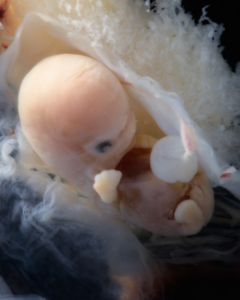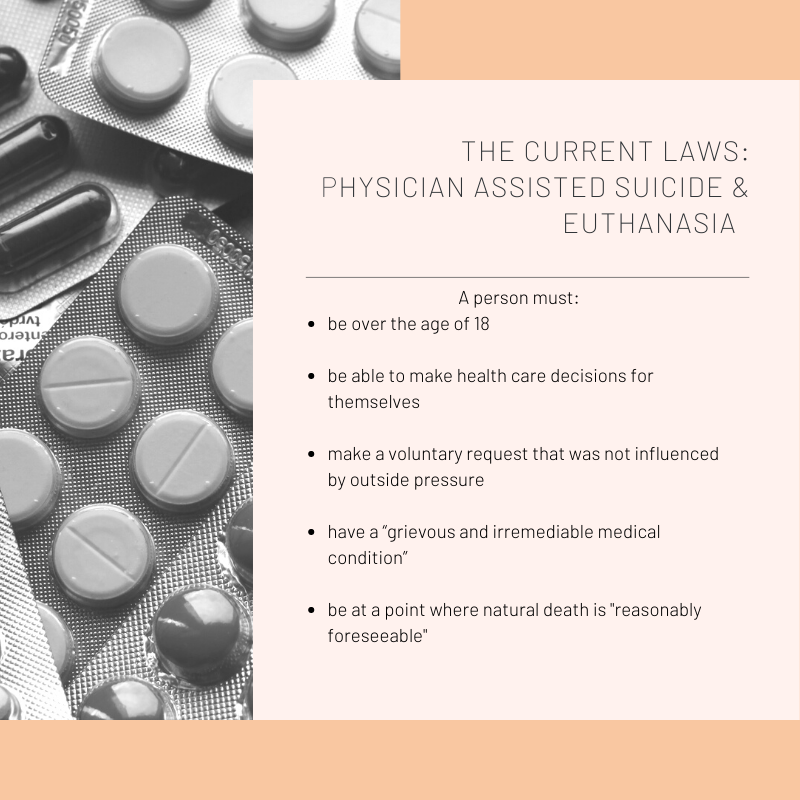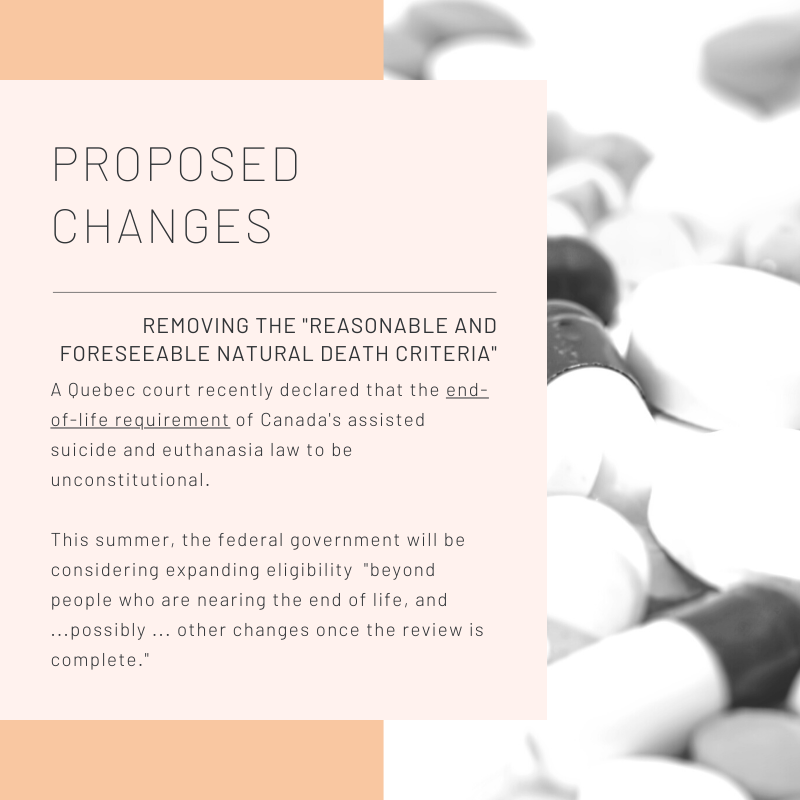(Abstract)
Does a human fetus feel pain? After evaluating the available medical and scientific information, researcher, Yewande Akalusi*, shares her findings in this article.
Is there such a thing as fetal pain? While there are differing opinions about fetal pain the topic is certainly one that is worthy of investigation. The twenty-first century brings with it advances in medical knowledge that are leading to some resolution in this debate.

Fetus at a 6-7 weeks gestation Photo credit: Lunar Caustic – CC BY 2.0
Research studies of the neurophysiology and anatomy of the fetus have revealed how and when pain can be felt by the fetus. These studies indicate that the capacity for pain in the fetus begins at just 7 weeks gestation with the development of receptive nerve cells on the skin. 4D ultrasound has shown that these peripheral nerves are responsive to stimuli as demonstrated by the behavioral responses of the fetus such as head tilting with touching the mouth area of the 7 1/2 week old fetus, twitching of the hand at 101/2 weeks and the lower limbs at 14 weeks gestation.
As the fetus develops further, the response to stimulus applied to the skin is transmitted through a network of nerve cells to the brain where the information is processed. Medical opinions differ over the exact period of gestation at which this occurs, however, there is agreement that it is sometime during the second trimester, i.e. 14th – 24th week gestation.
The majority of current opinions about human adult pain support the concept that pain perception is related to the processing of signals from the peripheral nervous system through the spinal cord and thalamus to the cortex. It follows, then, that since neural reaction to a noxious stimulus is considered sufficient for experiencing pain in adults, and a similar mechanism is apparent in a fetus during the second trimester, then fetal pain is possible from 24 weeks gestation and probably much earlier.
Jeremey Bentham’s statement, “The question is not, “Can they reason?” nor, “Can they talk?” but “Can they suffer?” led to animal protection laws in the UK requiring the use of anesthesia to reduce the suffering of animals, including frogs and fish, during invasive procedures.
Given the evidence that capacity for pain in the fetus begins at just 7 weeks gestation and that pain is transmitted through a network of nerve cells to the brain in the second trimester, why are these same questions not being asked in reference to a human fetus? Why is there no legal protection of the human fetus requiring anesthesia be used to reduce suffering during invasive procedures including an abortion?
Yewande Akalusi has a Doctor of Veterinary Medicine (DVM) and a M.Sc. (Master of Science in Medical Microbiology)






